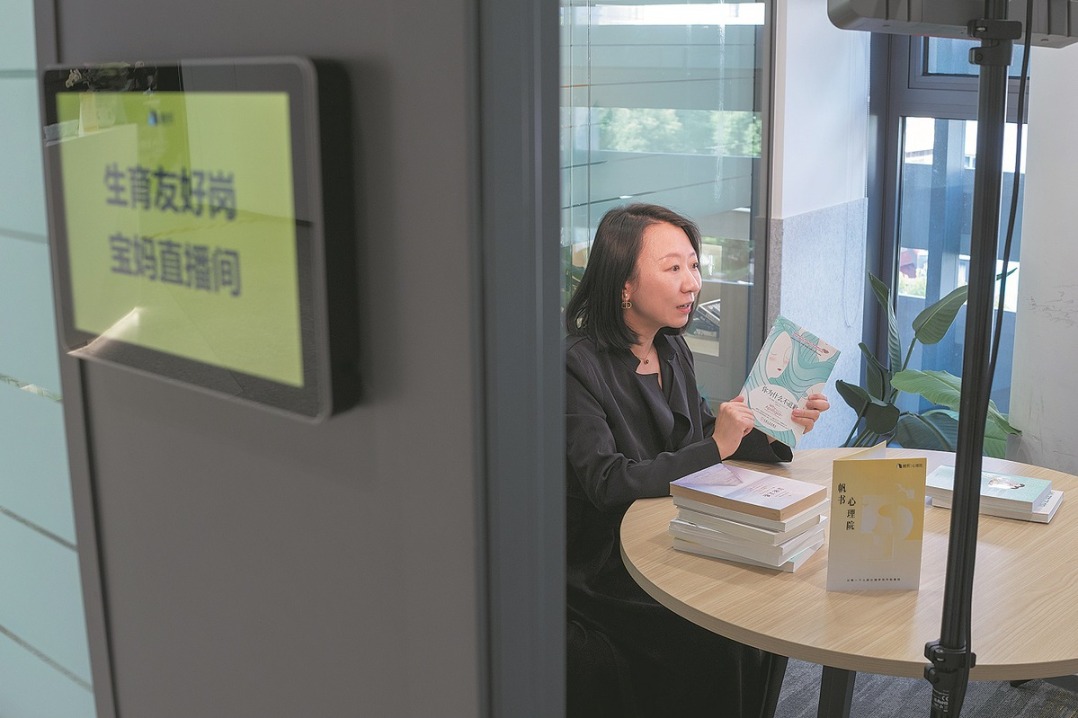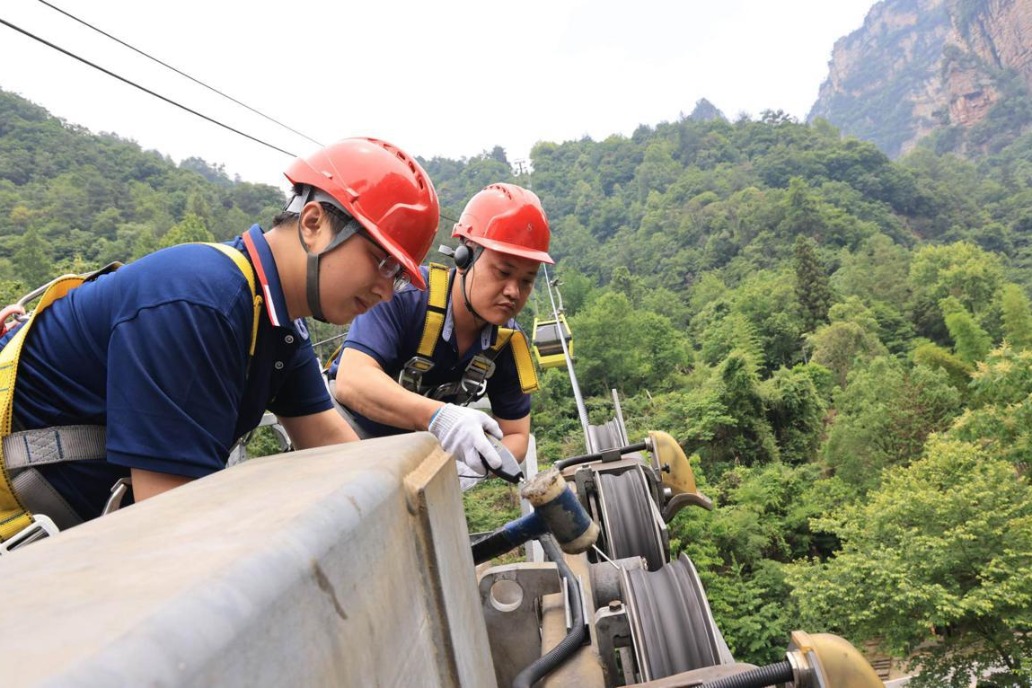Arizona governor's visit fuels fear, anger concerning industrial hollowing-out of Taiwan

TAIPEI/BEIJING -- The visit by Arizona Governor Katie Hobbs to China's Taiwan region this week has reignited concerns about the outflow of investments and supply chain resources from Taiwan Semiconductor Manufacturing Co. (TSMC) to the United States.
Local media reported that Hobbs, who arrived on the island on Sunday, visited TSMC headquarters in Hsinchu and attended a dinner with the chip company's key Taiwan suppliers.
Discussion of the visit surged on Taiwan's popular social media platform, the PTT forum, highlighting increasing fears that the island's semiconductor industry may face systematic dismantling.
"They are hollowing out Taiwan," one post read, sparking replies such as, "What will be left in Taiwan?" and "TSMC's exodus means Taiwan is disposable."
A report by DIGITIMES, an IT industry media outlet, noted growing unease among Taiwan semiconductor firms.
Anonymous industrial insiders were quoted as saying that the push for TSMC and its suppliers to set up operations in Arizona is part of a broader US strategy to establish a whole supply chain that increasingly sidelines Taiwan.
TSMC, the world's leading contract chipmaker, has been under pressure to increase its investments in the United States over the past few years.
With its first wafer fab in Arizona already in operation, the company in early March announced plans to expand its investment in advanced semiconductor manufacturing in the United States by an additional $100 billion, to build three new wafer fabs, two packaging facilities and an R&D center.
Pan Hua-sheng, associate professor at Yunlin University of Science and Technology in Taiwan, said the investment is "not the optimal choice but a short-term compromise."
TSMC's investment in the United States has actually gone against its long-held principle of industrial neutrality, Pan said, adding that the semiconductor industry has increasingly become a geopolitical tool, rather than one driven purely by market competition based on quality and cost.
Jiang De-gang, a researcher at the Taiwan International Strategic Study Society, said that the authorities of Lai Ching-te are sending Taiwan's whole semiconductor ecosystem to the United States in a package.
An editorial published by United Daily News slammed Lai for deceiving the public regarding the TSMC case.
"Lai Ching-te is using TSMC as a cover for the inability of the Democratic Progressive Party (DPP) to respond to (US President Donald) Trump's tariff policies," the article said.
"He portrayed the relocation of our strategic industry to the United States as an expansion of industrial strength," said the article, adding that a security crisis is being reframed by the DPP authorities as a "historic moment" in the island's so-called relations with the United States.
An editorial in the Taipei-based China Times accused the DPP of treating TSMC as a bargaining chip to curry favor with Washington, warning that Taiwan could lose big in the process.
Despite the DPP's claim that TSMC's most advanced facilities will remain in Taiwan, people are skeptical.
"Why must the DPP insist on banking on the United States? Why shouldn't the people of Taiwan doubt the US actions?" said Ho Yi-cheng, chief of Taiwan Youth Federation. "The action to hand over TSMC to the United States constitutes a genuine betrayal of Taiwan."
Lai is selling TSMC and Taiwan's semiconductor industry to Washington in the hope of gaining US support for his separatist agenda seeking "Taiwan independence" and repeated provocations to the mainland, said Chen Guiqing, a research fellow of the Beijing-based Institute of Taiwan Studies, Chinese Academy of Social Sciences.
"This has given the United States more leverage to blackmail Taiwan," Chen said. "The semiconductor industry is a pillar supporting the development of the entire economy of Taiwan. If this key industry is relocated, the next generation of Taiwan's workforce and the island's economic growth will face a bleak future."
- Chinese vice-premier urges greater efforts to combat desertification
- Innovative vessel in Guangdong signals new era sea farming
- Marriage and having kids losing appeal
- United States urged to stop stoking Taiwan tensions
- China builds satellite constellations to enable smart connectivity from space
- Summit highlights shared roots as bridge of connection





































